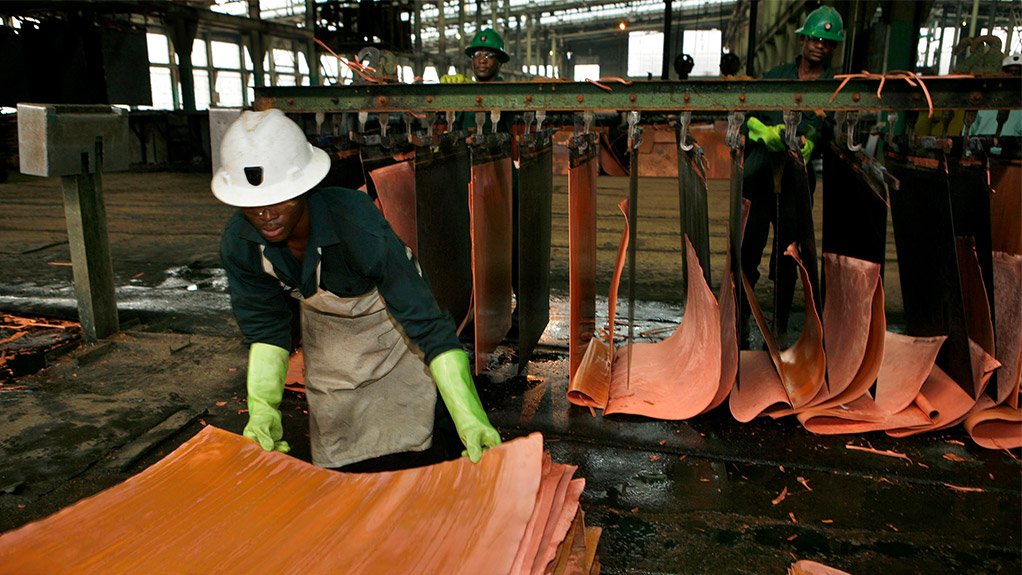The central bank in Africa’s second largest copper hotspot Zambia, on Thursday March 10 sold two yards worth of treasury bills in a sale that saw decent appetite of circa. K3 billion. The Bank of Zambia (BOZ) further recorded strong interest in the 1 year tenor that saw K2.4 billion bids of which 58.0% was absorbed at 50 basis points lower than previous levels of 14.25%.
At 13.8710% the one year government securities remain the most attractively priced money market assets but still remain inflation underwater. Consumer Price Index (CPI) last headlined 14.2% for February. Upside risks to inflation remain high weighed by forecasted high petroleum prices in the wake of the geopolitical and post pandemic posture of the global environment. These pressures are likely to reverse the CPI trajectory as cost push pressures mount.
The Kwacha curve continues to signal the red metal producers fiscal posture as the Southern African nation remains in the labyrinth of debt restructure amidst talks with the Washington based lender the International Monetary Fund (IMF) for an fully funded facility. The central bank in his 1Q22 prospectus, increased its government security offerings by 53.0% monthly to support the 2022 fiscal budget. Most players remain of the view that this could force yields on government treasuries higher due to crowding out effects.
Zambia’s local currency Long Term Issuer Rating (LTIR) was adjusted a notch higher to ‘CCC+‘ from ‘CCC-‘ by Standards and Poor’s on account of efforts the authorities have made towards restoration of fiscal fitness. With greater inflationary pressure given post pandemic effects and autopsy effects of geopolitical tensions on energy markets, global markets are forecast to face greater asset sell off pressure that will see a decline in new money in emerging market assets the Kwacha denominated inclusive. Suffice to say US Fed likely rate hikes will add US treasuries to the list of safe haven assets in addition to gold in uncertain times.
The current level of one year yields is 113 bps lower than 2021 year end level of 15.0001%.
The Kwacha Arbitrageur

